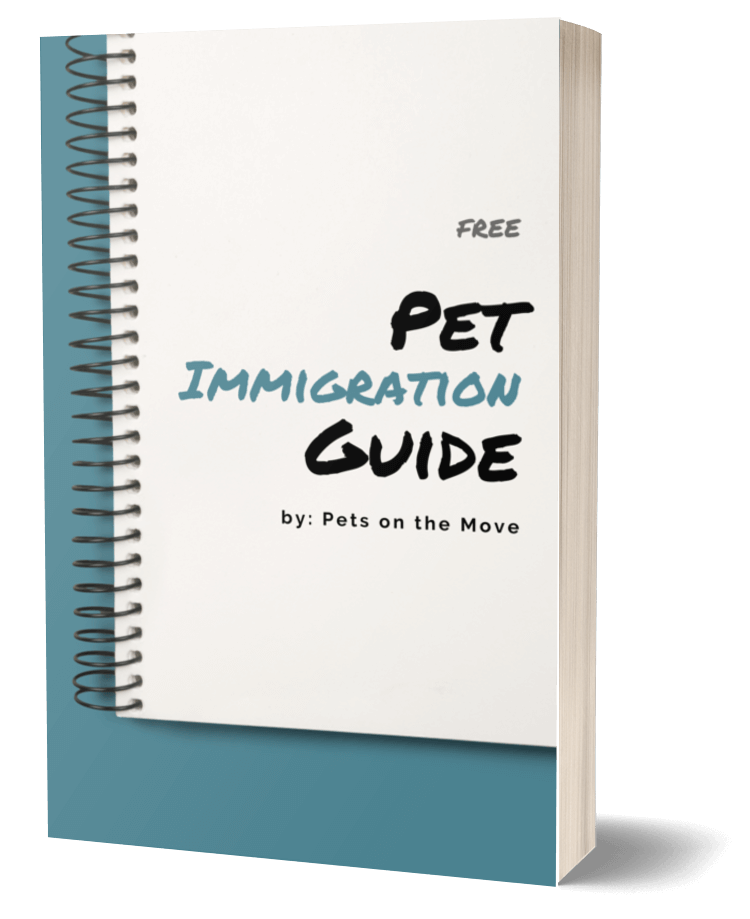Lifestyle
The quality of life in New Zealand really is excellent compared to many other countries. New Zealanders have a strong work ethic, but we also believe in having a good work-life balance. Even in our biggest cities, you are never too far from a beach, bike trail, or national park. We love the outdoors and like to make time for rest and relaxation with our friends and families.
Weather
New Zealand has a temperate climate which means we have relatively warm, dry summers (December to February) and mild, wet winters (June to August). We do not get the extreme weather that some parts of the UK do. We have 4 seasons that each last 3 months. Depending on where you live in New Zealand, the weather is different. For example, Queenstown will get more snow than a place like Wellington. Our temperate climate means weather is consistent, so year-round, you will find it easier to enjoy a healthy, outdoors lifestyle.
Culture
Although British traditions still remain strong, New Zealand has a unique culture with strong Māori and Polynesian influences. This distinctive and dynamic ‘Pasifika’ feel to life here is like nowhere else. In everyday life there is a spirit of welcome that Māori call Manaakitanga, which means looking after guests. As a multicultural nation, we welcome everyone.
Healthcare
Public healthcare in New Zealand is free or low cost — if you are a citizen, resident or hold a work visa valid for 2 years or more. The New Zealand Government pays for some of our healthcare fees, which means you only have to pay a part of the fee when you see your local doctor — also known here as general practitioner or GP. Accident and emergency treatment at hospitals is free, but you may need private healthcare for elective procedures.
Education
New Zealand ranked third out of 50 leading countries — just behind Finland and Sweden — in The Economist’s 2019 Worldwide Educating for the Future Index (WEFFI). The Legatum Institute’s 2019 Prosperity Index ranked New Zealand 10th out of 167 countries for our education system.
Early childhood education: Early childhood education (ECE) is considered a priority by our government, which fully funds the first 20 hours of ECE for 3- and 4-year-olds. This means parents can continue to work without spending all their income on childcare.
Higher learning: New Zealand is also known for the quality of our higher learning. We have 8 universities and 16 institutes of technology that provide domestic and international students with internationally recognised qualifications. All 8 universities are in the top 500 of the 2019 QS World University Rankings — 5 are in the top 300.
Cost of living
The cost of living in New Zealand is similar to other western OECD countries. Depending on where in the UK you come from, the cost of living in New Zealand may be either cheaper, similar or more expensive than you are used to. For example, London was rated the world’s 23rd most expensive city in Mercer’s 2019 Cost of Living Survey, Glasgow was 145th and Belfast 158th. By comparison, New Zealand’s biggest and most expensive city Auckland was much further down the rankings at 89th, and Wellington — the capital — even less expensive at 114th. However, costs in other UK cities are about the same or less expensive. Living in smaller towns will cost you less.
Working in New Zealand
New Zealand needs migrant workers to fill some highly skilled occupations, for example:
- business services
- construction and utilities
- health care and social assistance
If your skills are on any of the skill shortage lists, you will find it easier to find a job and get a visa. If your job or profession is not on a skill shortage list, don’t worry. There are other opportunities in New Zealand for people with the right skills.













